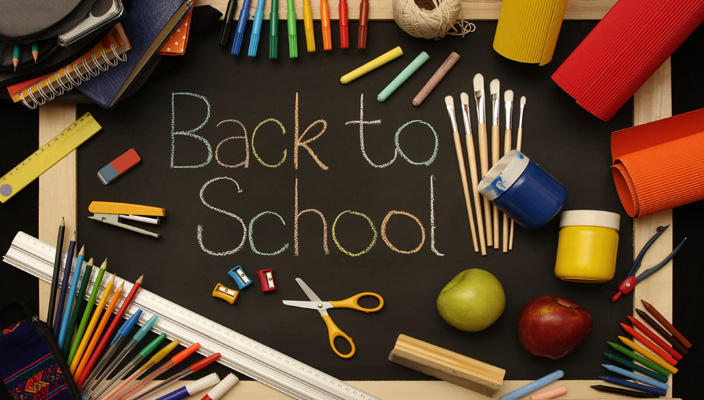“Though no one can go back and make a brand new start, anyone can start from now and make a brand new ending” – Carl Bard
Hello to all the parents who are frantically preparing for the new school year. Whether our children are moving up a year or moving on to pastures new, this time of year is all about CHANGE, and I believe it affords a wonderful opportunity for us to support children in developing invaluable life skills; self-awareness, coping, resilience, taking responsibility, making choices, managing expectations, reflecting on what works and what doesn’t, and most importantly, knowing that good and bad changes happen to everyone but it’s how we confront, perceive and deal with change that counts
, for example, if we always view change as something negative and out of our control, we will always meet change with resistance, denial and avoidance!
“It’s not the events of our lives that shape us, but our beliefs as to what those events mean” – Tony Robbins
I experience, first-hand, the difficulties many children face when they are transitioning and are confronted with change. Every year, as an organisation, we are supporting more and more children with the transition; generally, within schools, there is often a focus on the year 6-7 transition, but we are seeing children as young as 5 who are identified as being unable to manage and cope with change.
This could be down to the fact that the majority of the children I support, feel change is something that happens to them, not something they initiate or even have any choice or control in.
We need to bear in mind that change can be as challenging as it is necessary, but it is up to us to help children and young people to develop a better relationship with change.
What we need to be aware of when supporting children with change.
> To effectively support children in embracing change as a positive experience we need to first understand what our relationship with change is.
> How do you deal with life changes and what does change mean to you? E.g. when you were at school, moving location or house, changing jobs, relationships, bereavements.
> Be aware that children will often deal with change in the same way as the people around them do.
> Has your child faced any major life changes; a big move, changing schools, close family bereavements, family changes- such as divorce?
> How involved has your child been in any major life changes?
> Children with special educational needs can struggle more with change especially if they thrive on routine and known boundaries.
> Bear in mind that when children have been through difficult life changes, especially those which they feel they have had no involvement or control in, they may struggle as those same feelings may resurface every time they are faced with change.
So, how can we as parents help our children prepare for and cope with change?
> Talk about the transition or change and make it explicit- it is a change and things will be different.
> Discuss change openly- it happens to everyone, some changes are our choice, some are not!
> Let your child know that although they may not control change- they do control how they choose to deal with it and what happens next.
> Check out their understanding of the change and how they feel about it.
> What are they looking forward to and what they are not looking forward to?
> Try not fix and rescue- as parents, we often want to make everything okay and take away ‘bad’ feelings- allow children to feel however they may be feeling and acknowledge where they are.
> Change is a great opportunity to review- what worked for them last year, what didn’t work? What could they differently and what will remain the same.
> If your child is not looking forward to the transition, ask them what their fears are- sometimes we can build things up in our heads and the thoughts can snowball but saying them out loud can help to add perspective.
> Share your experience of similar changes, how you felt and coped.
> If you notice any changes in behaviour during times of change, reflect this back to them.
> Ask them about their best memories from last year- they can keep a record of these and add to them as they go forward- this encourages thinking about the wonderful memories that can be created through change.
> Make sure they have said ‘goodbye’ to the previous year- it is really hard to move forward when your head is still stuck in the past.
> If previous years have difficult it can be a huge relief to be told they have a chance to do something differently and start afresh.
> Work with your child to set goals- what would they like to achieve this year, goals can give focus, responsibility and choice. Remember to evaluate the goals at the end of the year! Goals can be drawn or written and put up somewhere where they can be seen.
> Make it creative- discussion, play and art can all be useful mediums to explore change.
> MOST OF ALL ENCOUARGE YOUR CHILD TO ENJOY IT! THIS TIME WILL NEVER COME AGAIN!
We can make change into something positive and exciting…an adventure with endless possibilities!
“Life is 10% what happens to you and 90% how you react to it.” – Charles R Swindoll.
I WOULD LIKE TO WISH YOU ALL THE VERY BEST FOR THE NEW SCHOOL YEAR.
featured image

